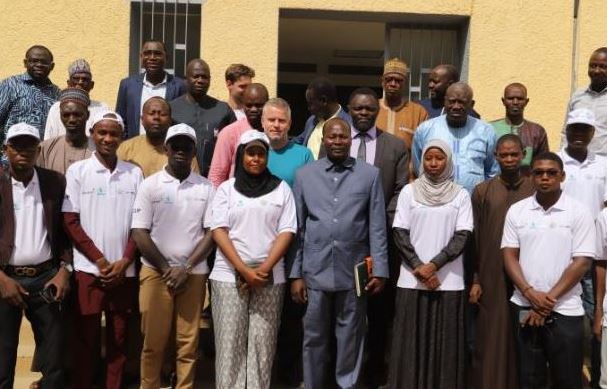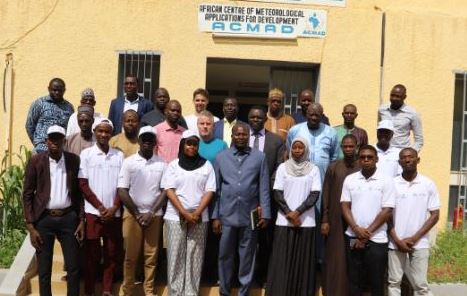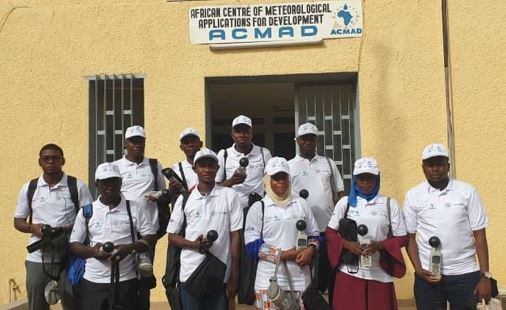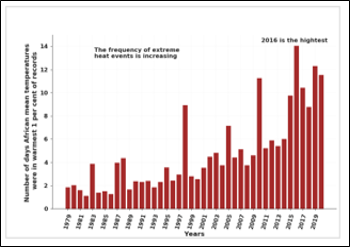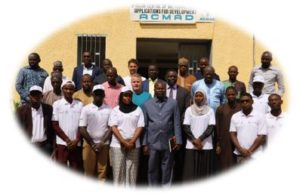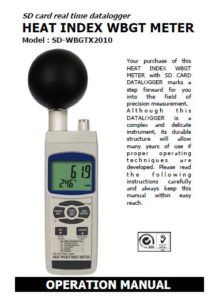U_CLIP PROJECT( URBAN CLIMATE INFORMATION PLATFORM):
The rising temperature trend has a direct impact on human health and is becoming a major concern. In its 2019 special report, the United Nations Intergovernmental Panel on Climate Change states with a high degree of confidence that global warming has led to an increase in the frequency, intensity and duration of hot events, for example heat waves, in many regions of the globe and in particular a large part of Africa.
The city of Niamey is effectively affected by gradual and slowly evolving climate impacts, in addition to sudden extreme events,a heat wave caused nearly 40 deaths per day, where the majority were vulnerable people, the elderly and children, according to the archives of the National Hospital of Niamey.
THE VULNERABILITY OF THE CITY TO THE IMPACT OF CLIMATE CHANGE

The interventions of the u_CLIP project (urban Climate Project) implemented by the partnership of the city of Niamey with ACMAD and VITO (about VITO), aim to provide support to the city of Niamey to meet immediate challenges, as well as to strengthen its capacity to face future problems in a more innovative and sustainable way. The goal is to make the city (individuals, communities, institutions, businesses and systems) more resilient, to have the capacity to survive, adapt and thrive in the face of stress and shocks, and even to transform itself when conditions require it.
In particular, the u_CLIP project plans the development of a real-time temperature monitoring system to detect increasingly frequent, intense and long-lasting fluctuations that affect health, sanitary facilities, energy network management, worker productivity.
The project will rely on integration, which involves the sharing of information between entities, the participatory development of ideas and solutions, and transparent communication with the people and entities involved or affected. It also refers to institutional coordination, capacity development and information systems and requires the maintenance of feedback collection loops.
The improvement of data processing systems is an expected result of the project which will make it possible to detect potential impacts more quickly and to trigger control and reaction measures in a timely manner. The project will develop data collection technology solutions to facilitate the establishment of communication of observations, from the local community to a city-scale numerical forecasting model and a more advanced platform based on ICT and GPS.
The u_CLIP project will also support stakeholders in translating plans into action and build their interest in the urban climate change resilience agenda. It will create new opportunities for city stakeholders to advance knowledge, deepen cross-sector and multi-stakeholder engagement and, in turn, create feedback loops that help refine a shared analysis of policy priorities. future action. The outcome of the project will lead to an analysis on the effects of rising temperatures on the health, safety and productivity of the low-income population in the urban area of Niamey and will produce recommendations to be taken into account by the government and private sector employers.
EXPERIENCE OF ACMAD :
The mission of the ACMAD center is to monitor continental weather and climate and act as a Center of Excellence to apply meteorological products and services to ensure the sustainable development of Africa. Its long-term vision is of an Africa where people are resilient to disasters with a stronger capacity to adapt to the impacts of climate change.

